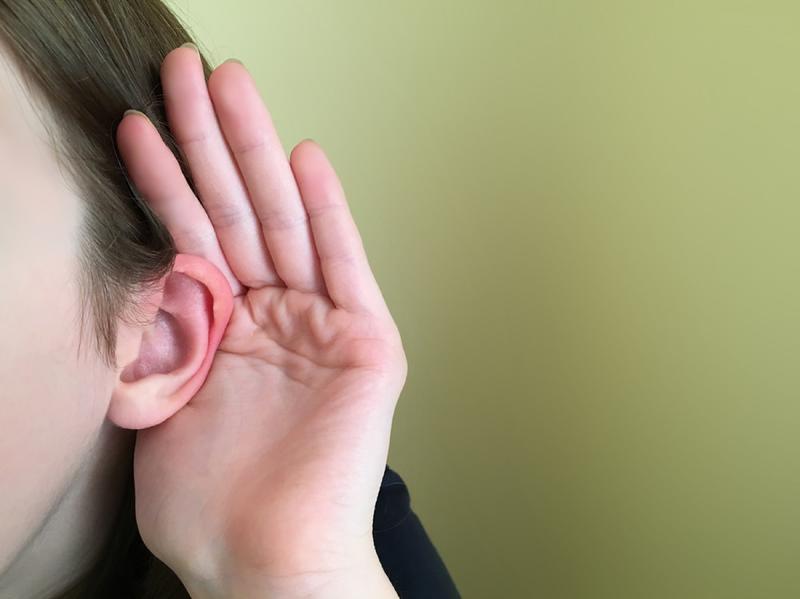Easy Way to Remember Walls of Middle Ear

If your ears are ringing, tingling, or feeling warm, superstition states that someone is talking about you. If it's the left ear, the superstition states that the person speaking of you is saying bad things. If it's the right ear, the person is saying good things.
If your ears are ringing, tingling, or feeling warm, superstition states that someone is talking about you. If it's the left ear, the superstition states that the person speaking of you is saying bad things. If it's the right ear, the person is saying good things.
Other Superstitions About Ringing Ears
There are many other superstitions associated with ringing ears. One is that someone you know will die soon. Another says you will soon experience luck or a wish will come true. While there is no known origin to these old ideas, many of them began during medieval times.
Scientific Explanation for Ringing Ears
Whether or not you believe in superstitions, if you hear a ringing in your ears — or a clicking, buzzing, swishing, or other noise that isn't coming from an external source — it's called tinnitus. Tinnitus is not a disease, but it may be a symptom of one or another health condition. It can occur in one or both ears and may appear suddenly or gradual. It impacts about 50 million people in the United States, according to WebMD, and while it isn't always a sign of a serious health concern, it can disrupt daily life.
Three Types of Tinnitus or Ringing in the Ears
Tinnitus falls into three different categories. Subjective is the first and most common. It means the person whose ears are ringing can hear the noise, but other people can't. Objective tinnitus is when a doctor examines the person with tinnitus and hears a sound too. This type is extremely rare. The third category is pulsating tinnitus. It occurs when a rushing sound or ringing occurs in sync with your heartbeat.
Causes of Tinnitus or Ringing in the Ears
Many health and environmental factors can cause tinnitus. Hearing loss after age 60, ear wax buildup, ear bone deformation, exposure to loud noises, and certain medications are a few of them. More serious causes include Meniere's disease, temporomandibular joint (TMJ), head and neck trauma, tumors, atherosclerosis, high blood pressure, and other cardiovascular diseases.
When to See a Doctor for Ringing in the Ears
Much of the time, ringing in the ears isn't serious, but if it's ever accompanied by a discharge from the ear or dizziness, you should seek medical help immediately. If you experience tinnitus suddenly and without reason, it lasts for more than a week or is followed by hearing loss, you'll want to see a doctor. If you don't know the cause, but it's irritating enough to interfere with your daily life, you should also seek medical attention.
Treatment for Ringing in the Ears
Treatment for tinnitus typically involves treating underlying causes, whether it's removing earwax buildup or taking medication for high blood pressure. In more complicated cases or cases where there is no apparent cause, medication, surgery, stress management techniques, counseling, hearing aids, biofeedback, physical therapy, and lifestyle changes are all potential treatment options.
Preventing Ringing in the Ears
Anyone can experience ringing in the ears, but men, smokers, older people, people with cardiovascular diseases, and people who are often exposed to loud noises are at a greater risk than others. To help prevent it, stay away from loud noises or wear earplugs if you work in a loud environment and manage any underlying health issues you may have, especially those that affect the cardiovascular system.
Source: https://www.reference.com/world-view/superstition-left-ear-ringing-4f82ff357f231dad?utm_content=params%3Ao%3D740005%26ad%3DdirN%26qo%3DserpIndex&ueid=f0172ca4-7964-4b80-bea6-1bab5e6196a2
0 Response to "Easy Way to Remember Walls of Middle Ear"
Post a Comment